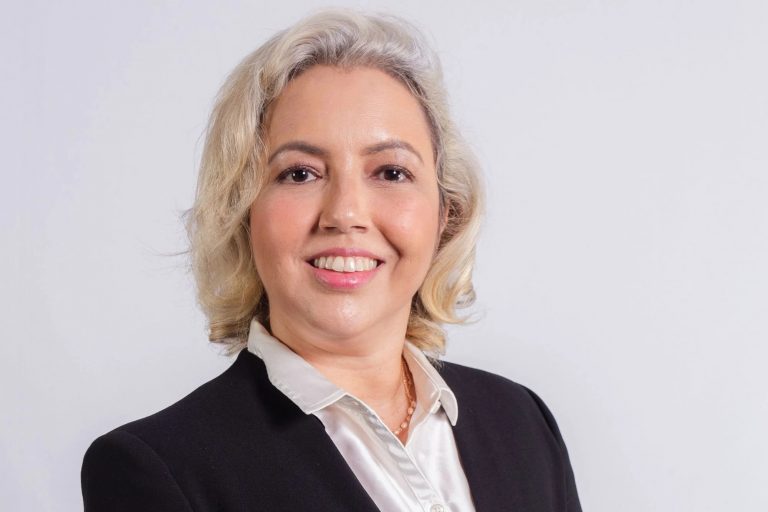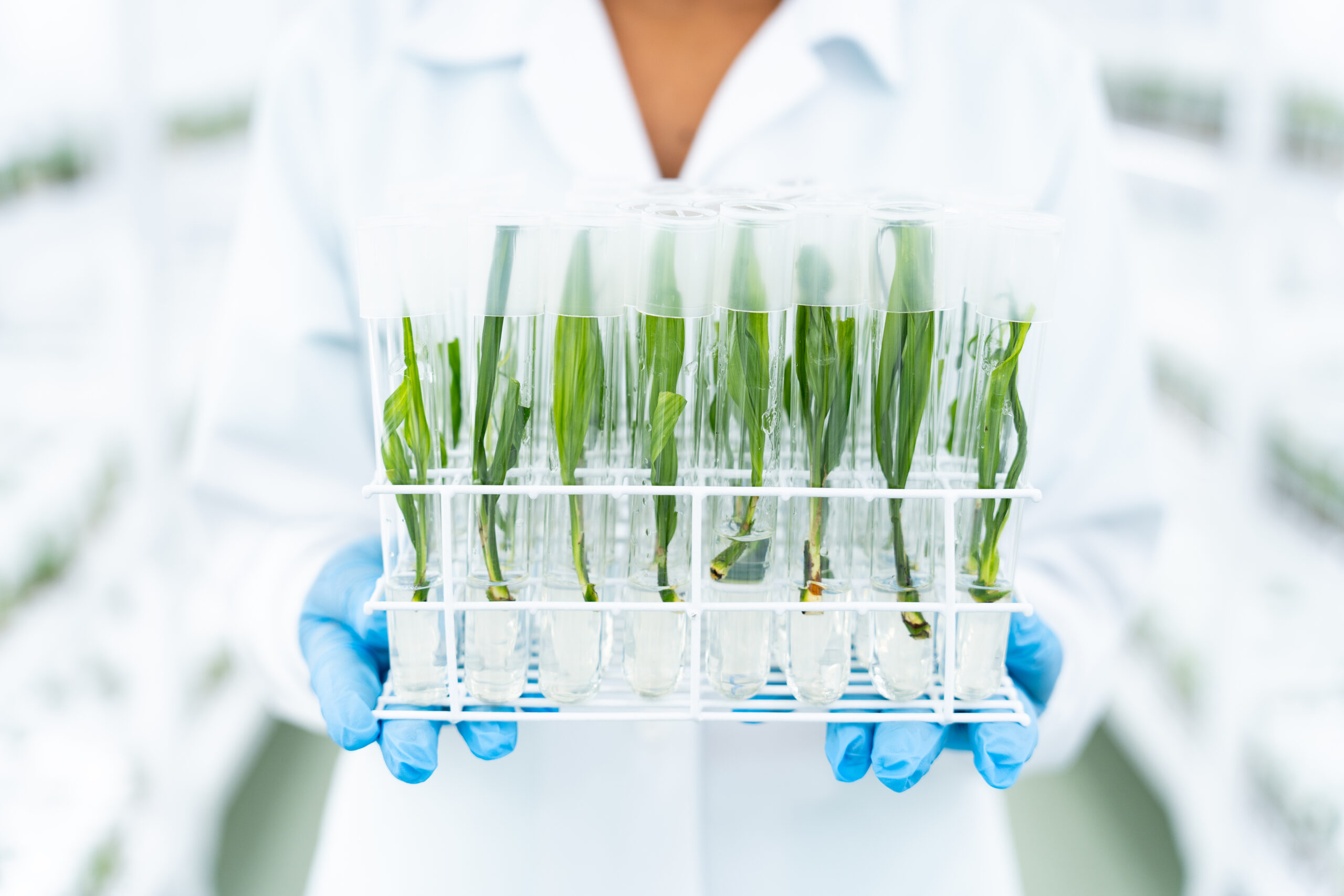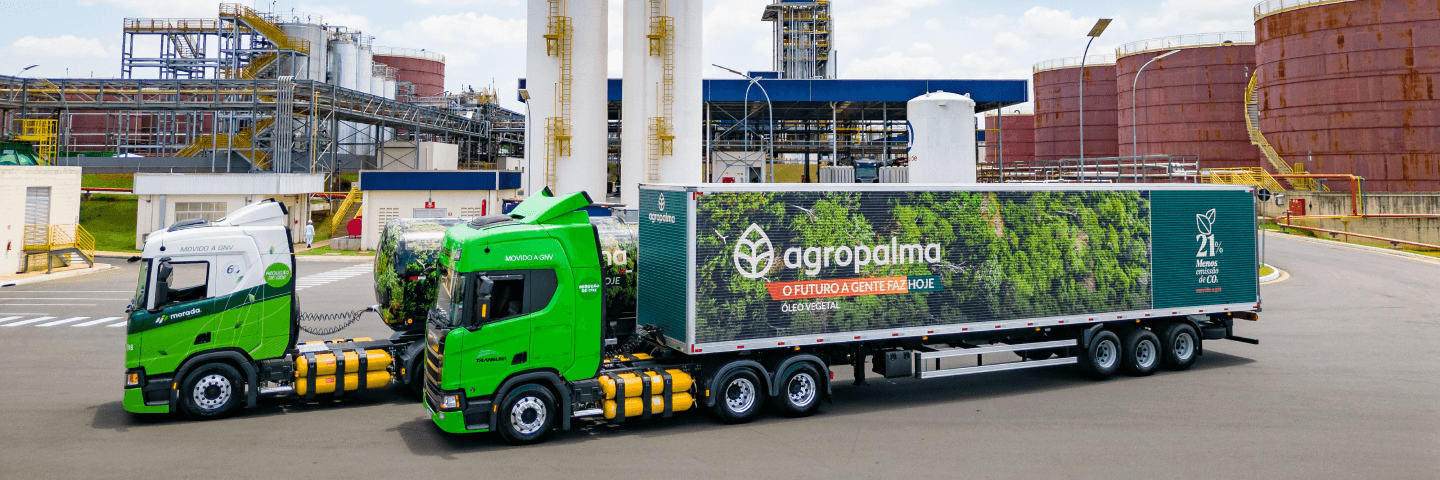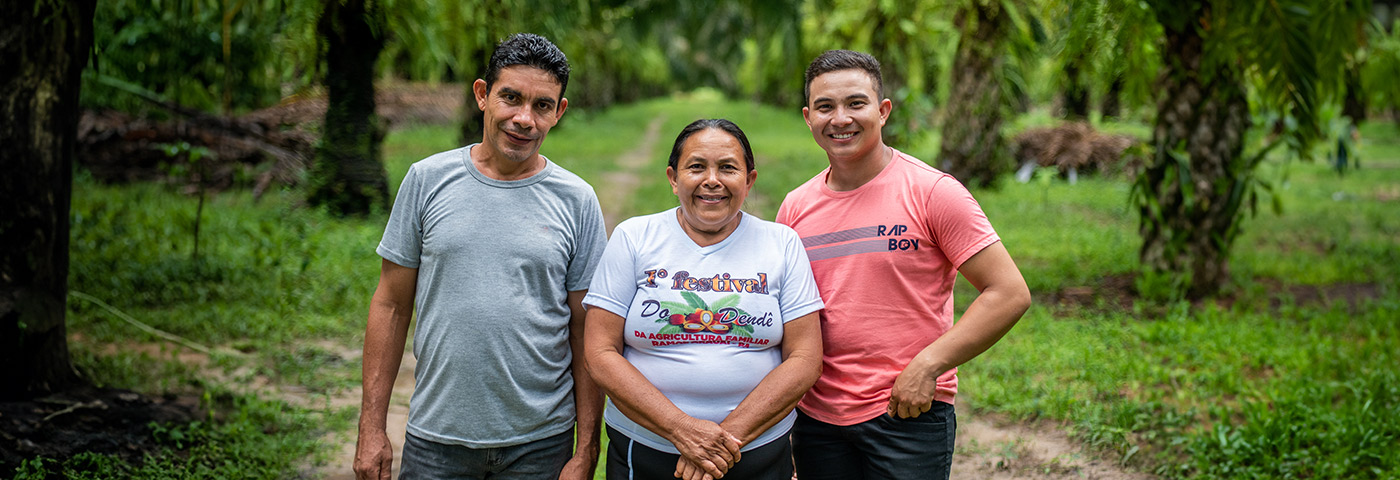The past 15 days were busy for a series of domestic and foreign companies, which implemented several changes in their C-level positions. This issue of C-Suite highlights the new executive office of Piemonte Holding, a financial institution which announced three new officers: Nathalie Afonso, Claudio Cornetti and Victor Almeida, who will act in the expansion and strengthening of the company’s operational processes.
Also in the financial sector, the Brazilian fintech PicPay announced Eduardo Chedid as VP Financial Services. The executive has already worked in companies such as Elo, Visa, Cielo and Credicard.
In the automotive industry, Mercedes-Benz announced two changes: one local and one global. Dirlei Dias will be the new person in charge of the after-sales of automobiles and vans in Brazil. The company also announced Karin Rådström as member of the board of directors of Daimler Truck AG and global chief of Mercedes-Benz Trucks.
Sandoz, from Novartis Group, also implemented changes in its executive office. Juliana Kakimoto will be the new general counsel and ERC (ethics, risk and compliance) and Rodrigo Salman will step up to the position of chief commercial and digital excellence officer, a new area in the company.
In this issue, Forbes talked to Marcella Novaes, who was recently appointed as the new chief administrative officer of Agropalma, a Brazilian producer of sustainable palm oil. The executive is the first Brazilian woman to hold the office at the company and has already worked at Nokia, Coca-Cola and Whirlpool.
Read here the full interview with Marcella Novaes in order to learn more about her new position and ESG actions of the company in Brazil:
Forbes: What are your main challenges and objectives as Agropalma’s chief administrative officer?
Marcella Novaes: Being the first woman to take a C-level office in a major company makes you a reference for other women. The first point I would highlight as a challenge is such responsibility of being a reference, in and out of Agropalma group, so other women may realize that there is a possibility for professional growth, including strategic positions. We have several projects to support the entire career development process within the company.
Another challenge lies in the comprehensiveness of the role of chief administrative officer. I took over nine different areas, which add up to almost 400 employees, and I am responsible for all processes, with the primary role of assuring that the institutional governance will be clearly disseminated and followed by all sectors. In this regard, applying my experience in personnel management is crucial, since, in order to make a decision or set a strategy, taking into consideration the impact that such measures may cause for every employee, on personal or professional level, and the organizational climate of the facilities, is necessary.
F: Brazil is one of the main countries worldwide in the agricultural sector. How do you analyze the current moment of the market – taking into account the whole economic situation – for the company?
MN: Last year, no one could image that we could face a pandemic and experience all the situations we have been experiencing so far, as a reflection of such a pandemic. In the beginning, no one would believe that the pandemic would endure for such a long time. It destabilized the entire plan we had for 2020. Companies reinvented themselves and the agricultural sector managed to have a positive result for the year, better than we would ever image. The scenario that we would observe in the first quarter of 2020 was quite negative, but we managed to implement the necessary restructuring and we had a good result, as well as other companies in the same sector.
We currently still try to identify when such situation will be more controlled, because there is instability in all chains, including consumption, processes, services and manufacturing. Now, for example, we are experiencing several difficulties concerning raw materials, because suppliers have not been able to serve us with annual contracts. Those are challenges we have experienced that, in fact, may impact and, once again, companies will need to restructure, replan and seek alternatives to solve such demands in such new, upcoming situations. In some regions, there are still restrictions on the operation of companies, but we are a food company, we are still operating. However, our priority is to ensure safety and health to our employees and, thus, keep the operation with financial sustainability.
F: What are Agropalma’s main projects and policies regarding the ESG agenda?
MN: For every area, we have many projects. We have specific policies guiding all the management processes, but we develop actions and programs targeted to each of them, on an annual basis. We understand that, for the social and environmental areas, that work is continuous, we cannot miss this agenda. We spread respect to fauna and flora across all facilities and we keep a very close relationship with the research academies and entities, so we can move forward with our preservation programs.
In the social area, we keep a constant relationship with the community. Our main role is to ensure that the local communities, where the company facilities are inserted, will be the first ones to be part of the operating environment. In our facility in Tailândia, PA, we have 4,500 employees and our entire search for qualified professionals takes place in the region. We work with three cities and we understand that the movement of the company also attracts professionals from other regions, who end up living in those locations. When we select employees, we take into consideration that we will help the economy of that city.
Another extremely significant factor for us is education. We have Escola Agropalma, which was created in order to receive students from kindergarten to high school, in the region of Tailândia. We offered the pré-Enem program, which is not required by law, but we provide for our high school students, so that they may better prepare for the test, as a part of our Projeto do Futuro. We understand that those students, after completing high school, will be able to achieve the necessary score to enter their intended universities. This year, Enem [National High School Test] is still ongoing; however, between 2019 and 2020, we had 10 students joining public universities out of a total of 16 students who took the test. Education is directly linked to the professional growth of such youths and we have been working for all of them to have opportunities.
The executive Marta Diez is the new president of Pfizer’s subsidiary in Brazil. She is a Master of Medical Imaging from Telecom Paris and holds an MBA from IESE Business School, who has worked for companies such as Sandoz, GE Healthcare and The Boston Consulting Group. In addition, she has already been the president of the economic cluster Cluster Andino. The position was previously held by Carlos Murillo. On February 1, she became the first woman to hold the top position of the company’s executive management in Brazil.
 Back
Back







